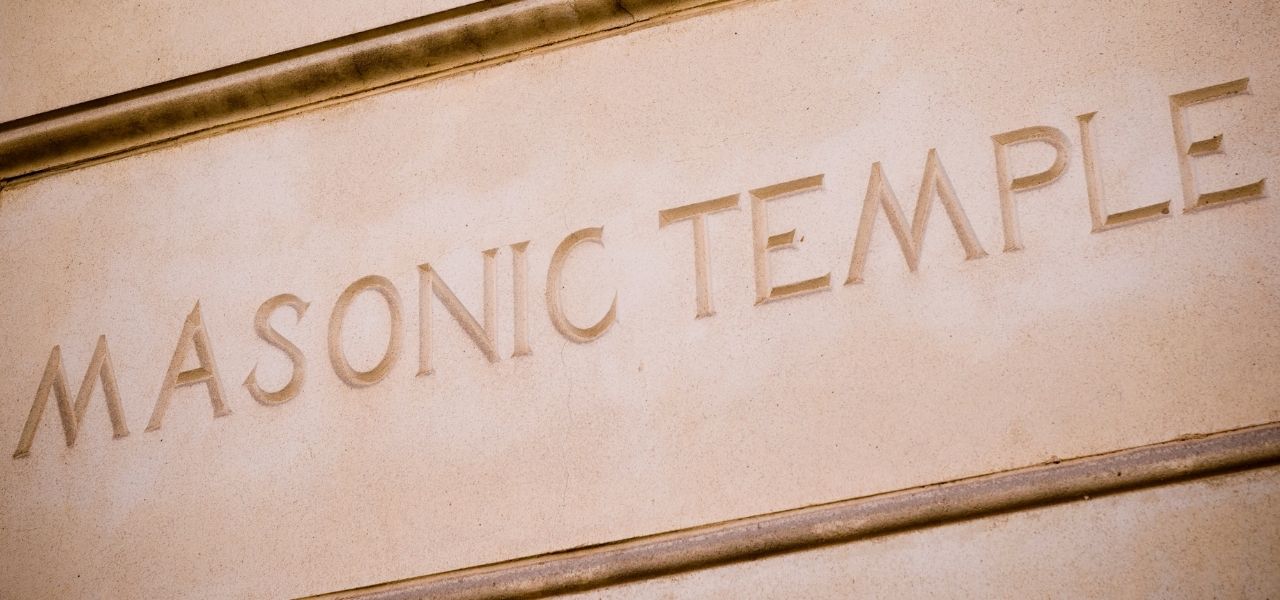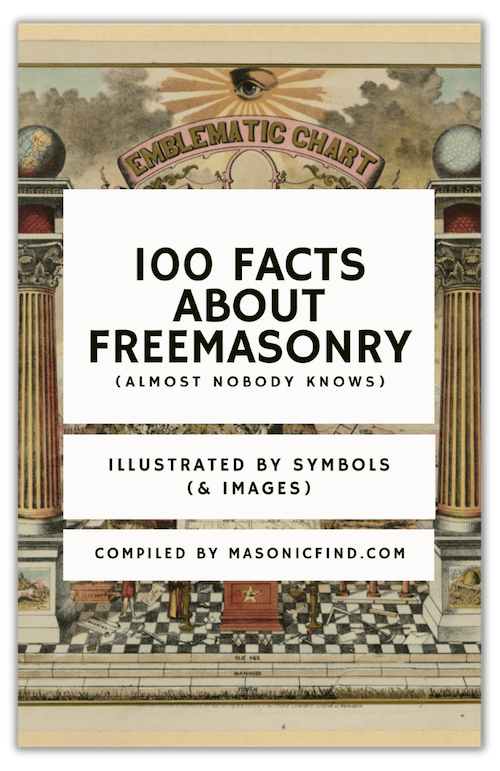As Worshipful Master, one has a lot of duties to the Lodge which he must perform or delegate.
One of his more common (and, therefore, important) administrative duties relative to candidates is planning their degree ceremonies.
In some Grand Lodge jurisdictions, such duties may be delegated to a Deputy Grand Lecturer or some similar officer.
How does one plan a Masonic degree ceremony?
The biggest parts are in scheduling, casting, and practicing it beforehand; a potentially big part can also be obtaining a special dispensation as necessary.

Scheduling
As Worshipful Master, I have it somewhat easy when it comes to scheduling.
Wednesday evening is designated as “Lodge night” by a good number of the members of my Lodge, so I can plan degree ceremonies on half or most Wednesdays (the rest of the Wednesdays being dedicated to regular communications and public meet-ups/open-houses).
There have been some occasions in the past (prior to my year in the East) when degree ceremonies had to be held on a Saturday morning.
If the Lodge does not have a regular night of the week when it typically meets, then the Worshipful Master needs to take into account not only the schedules of the various officers and brethren needed to perform the degree in full, but also any other groups that may be using the Masonic Hall or Temple (whether they be appendant, concordant, or affiliate bodies, or even non-Masonic groups to whom the building is being let/leased/rented).
Cast List
The Worshipful Master should be able to fill the “cast list” (or list of roles) for the degree ceremony that he is planning.
If the members of the Lodge cannot fill all such roles, then the Worshipful Master should reach out to other Lodges (via the Secretary) for assistance in filling the remaining cast roles.
The number and length of parts of the ceremony can vary depending on the degree.
For Entered Apprentice and Fellowcraft degree ceremonies, I prefer to start working on the list about a week ahead of time.
At the time that this article is being written, our Lodge is planning to perform a Master Mason degree in about five weeks. It is the first Master Mason degree of my year and, because of the higher number of roles therein, I have already started working on its cast list.

Practice, Practice, Practice!
I cannot stress enough the importance of holding a degree ceremony practice.
If two months have passed since your last Entered Apprentice degree ceremony, it is my suggestion that you hold a practice before doing it again; the same advice equally applies to any other degree ceremony (including those of appendant, concordant, and affiliate bodies).
In addition to holding a degree practice, each Mason who has agreed to perform in the degree ceremony should also be devoting some of their personal time to practice, even if he is confident that he knows the ritual inside out.
I once memorized the charge given to the new Fellowcraft at the end of the Fellowcraft degree and delivered it perfectly the first time.
When called upon to do it again, I agreed to do so and, through my hubris, thought it unimportant to practice given how well I had done it the first time.
I am sad to say that I gave a somewhat embarrassing delivery of it the second time, all because I did not practice.
Memorization of ritual is a perishable skill and will therefore weaken with atrophy if it is not regularly exercised (just like the muscles in your body).
Do not let your hubris get in the way of depriving the candidate of a wonderful and marvelous degree ceremony; practice your ritual.
Special Dispensation
My Lodge here in Utah once hosted in our Masonic Temple a Master Mason degree that was performed by Vegas Lodge No. 32, F&AM of Nevada (on their own candidate).
In order for this to be coordinated between the Lodges of the two jurisdictions, we each had to obtain a special dispensation from the Grand Master of our respective Grand Lodges.
For degree ceremonies, special dispensations can be obtained for various conditions, including (but not limited to):
- holding a degree ceremony in a place different from that designated in the by-laws of the Lodge, such as:
- the Masonic Temple of a different Lodge
- a private space outside (such as in a cave, in a private field or meadow, etc.)
- holding a joint degree ceremony with another Lodge (where both Lodges formally open and each has a candidate going through the same degree),
If Things Do Not Go According to Plan…
If not everyone who agreed to help with the degree ceremony shows up, it is the decision of the Worshipful Master (so long as it is in accordance with the rules and regulations of his Lodge and Grand Lodge) whether to proceed.
Perhaps a brother who did show up knows the part of the absent brother, and can therefore do both.
I remember my own Master Mason degree ceremony. It took place on a Saturday morning, and only three Master Masons were able to attend.
They asked me if I wanted them to do the ceremony or if I wanted to wait for another day. Not knowing the vast amount of roles to be filled, I told them that, if they were comfortable doing the degree ceremony, then I was fine to proceed.
I then went through the Master Mason degree that day, all performed by those three Master Masons (a Herculean feat on their part, as those of you who have seen how extensive that degree ceremony is will know).
If not all roles can be filled, then there is nothing wrong with informing the candidate of this and rescheduling.
The candidate should understand, especially given that things just happen (traffic, accidents, innocent scheduling errors, etc.); plans can always go awry, and we just carry on.

FREE DOWNLOAD: 100 FACTS ABOUT FREEMASONRY (ALMOST NOBODY KNOWS)
Join the 10,000+ Brethren from around the world inside our weekly Masonic newsletter and get our best selling ebook for free (usual value: $20).
Conclusion
The planning of a degree ceremony may become routine to the Worshipful Master (or his delegate); however, the degree ceremonies are designed to be vehicles that make lasting impressions on the candidate.
For many Masons, these may be the most important events of their Masonic experience and career.
Degree ceremonies (and, therefore, the planning thereof) should thus never be taken or done lightly by anyone, including those Masons who agree to participate in performing them.
This article was written for MasonicFind.com by WM-Elect Brandon Cole.